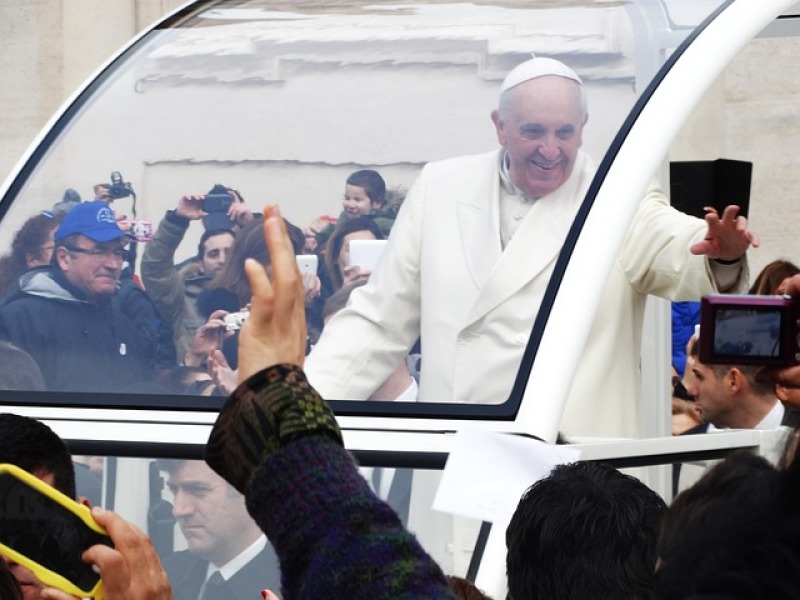
This year marks the 10th year of Pope Francis being seated as the leader of the Catholic Church. Many controversies, rumors, and good things happened during this period; no matter what the circumstances, the Pope always brings glory to God.
Pope Francis has emphasized the importance of reaching out and placing the poor at the center of the Catholic Church's attention. He has made several decisions to signal that his papacy would differ from his predecessors, including not wearing a red cape and inviting Vatican employees to join him for daily Mass. These decisions have captivated the media's attention, but the Catholic community has not universally accepted them.
10 Years as a Leader of the Catholic Church
According to the United States Conference of Catholic Bishops, Pope Francis has also expressed inclusivity to LGBTQ Catholics and those in messy marriages, creating tensions within the church. He has criticized the church for focusing solely on controversial issues such as abortion, gay marriage, and contraception instead of promoting the joy of the Gospel. Most of the time, Pope Francis has emphasized the importance of humility, compassion, and a focus on helping those in need as essential qualities of the Catholic Church.
Throughout the first 10 years of his papacy, Pope Francis has made 40 travels to 60 countries, appointed 95 cardinals, and officiated over the canonization of 911 new saints, including St. John Paul II, John XXIII, and Paul VI. He has also paid honor to 26 churchmen above the age of 80.
In his first major document, "The Joy of the Gospel," Pope Francis laid out a program for his papacy, focusing on evangelization and guiding the church to be more enthusiastic and vital. He has looked both inside the church and outside the world to determine what needs to be done to achieve this goal.
The article in Catholic News Herald stated that Pope Francis had based his papacy on the Second Vatican Council, according to Cardinal Pietro Parolin, Vatican secretary of state. Pope Francis was the first pope to be ordained a priest after the council. Parolin said that Vatican II is the "significant foundation" and "characteristic orientation" of the Pope's papacy.
St. John XXIII launched the council focusing on pastoral issues, while St. John Paul II and Pope Benedict XVI took a more doctrinal approach. Parolin said that Francis is implementing the council's primary agenda, which is to have a new understanding of the church and evangelization in the modern world.
Emilce Cuda, an Argentine theologian, says that the Pope's understanding of Vatican II is based on how it was lived in Latin America: with respect for popular piety and culture and trust in the "sensus fidei," which says that all baptized people can "understand what God says to us, to his people, in every moment." Cuda emphasized that history is a movement and that the circumstances in the 20th century differed from those in the past.
Also Read: Pope Francis Urges Wealthy Christians to Fight Against 'Throwaway Culture'
Resignation of the Pope is About 'Stepping Aside at the Right Time'
Amid speculation of Pope Francis resigning, he delivered a sermon in which he spoke about the importance of stepping aside at the right time and learning to take one's leave. According to an article in Christianity Daily, this has led to speculation that he may consider abdicating from his position as Pope.
Although he has previously stated that he would resign if his health deteriorated, he has dismissed other speculation about his potential resignation. In his address, Pope Francis discussed the dangers of getting attached to roles and positions and seeking recognition and rewards.
Related Article: Pope Francis Sparks Speculation of Potential Resignation with Sermon on 'Stepping Aside at the Right Time'


















